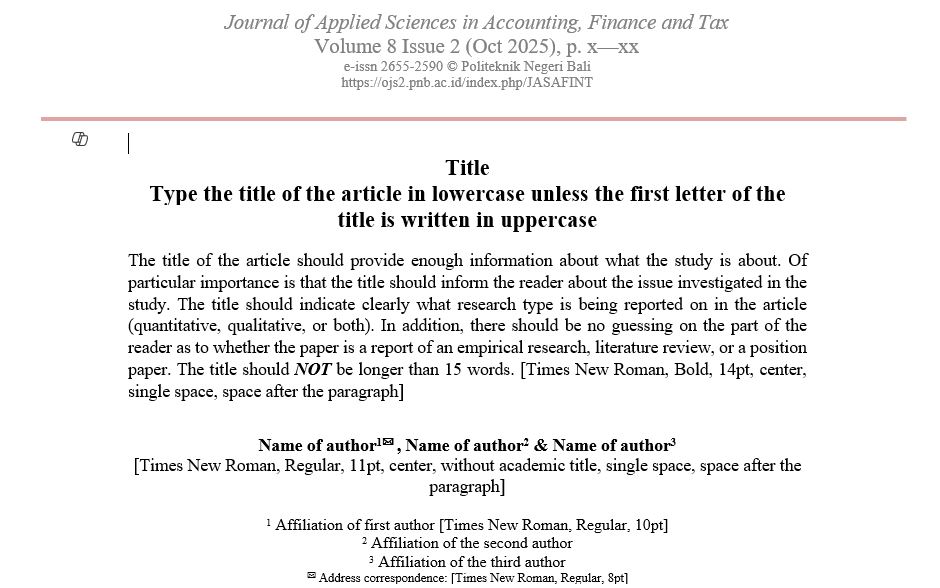Fiscal decentralization and human development index: examining the moderating effect of capital spending in Bali
DOI:
https://doi.org/10.31940/jasafint.v6i1.10-19Keywords:
human development index, fiscal decentralization, capital expenditureAbstract
Human Development Index is one of the indicators that can be used to measure the success or performance of a country or region in human development. In 2022, Bali Province was one of the provinces with a "high" HDI achievement but is still faced with a gap in the HDI achievement rate between each region in Bali Province. The gap in the HDI achievement rate of each region in Bali Province indicates that the fiscal decentralization process in the regional autonomy policy has not been able to run optimally. This research examines the effect of fiscal decentralization on the human development index of regencies/municipalities in Bali Province using capital expenditure as a moderating variable to explain contingency factors that are thought to influence the effect of fiscal decentralization on the human development index. Using data on HDI achievement and realization of regional revenue and expenditure budgets of Bali Province for the period 2014-2019. The analysis technique used is Moderated Regression Analysis (MRA) with SPSS application. The results prove that partial fiscal decentralization has a significant positive effect on the human development index. Capital expenditure is able to weaken the positive effect of fiscal decentralization on the human development index. When a region has good regional financial independence, the local government will be able to manage its regional income in order to improve and improve public services, which will ultimately be able to improve the welfare of the community.







